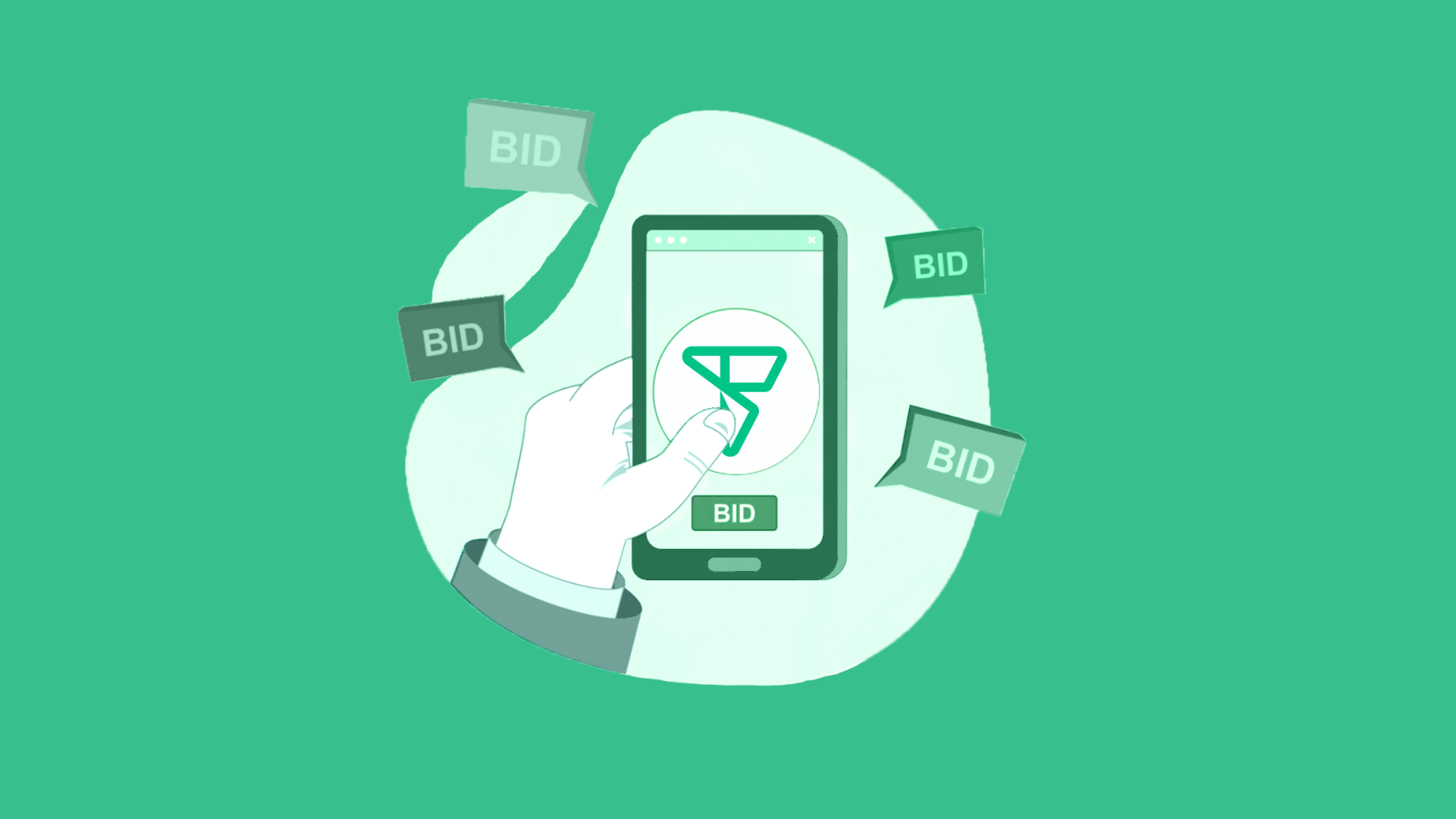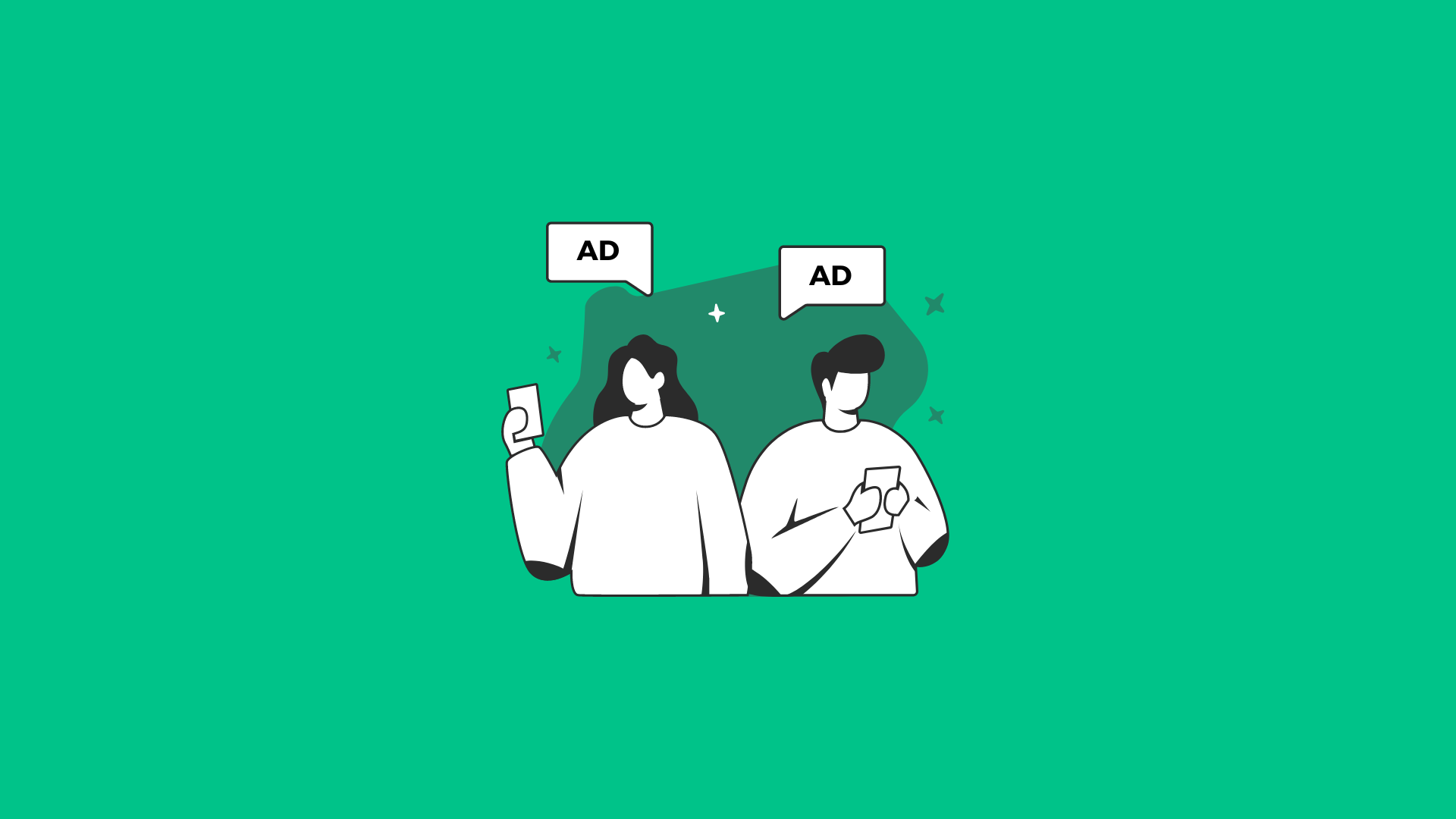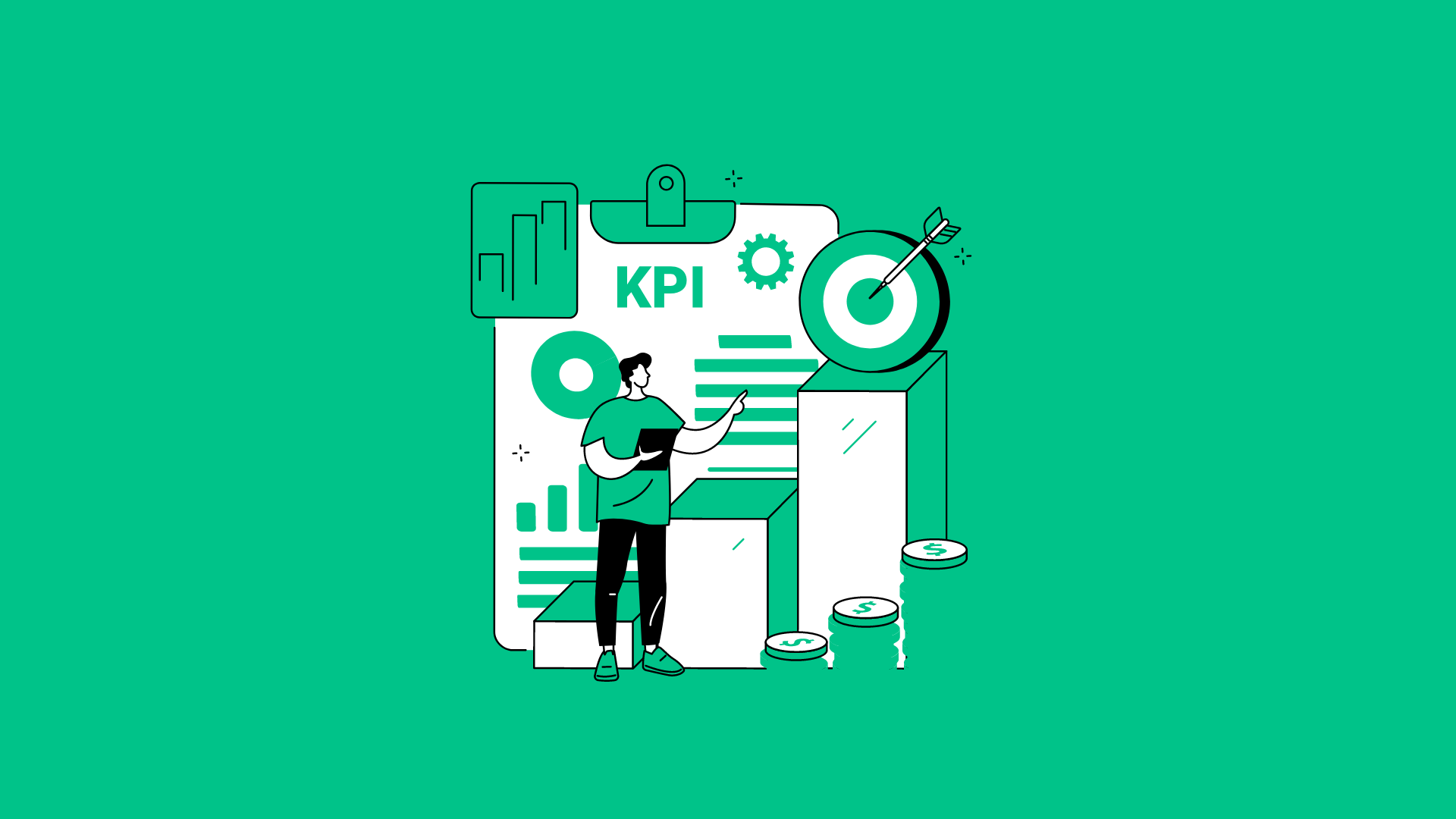We live in a world that is more or less run by apps. People are spending over 4.8 hours per day on their phones, and using around 80 apps on average.* That means we live in a world that’s essentially run by software development kits (SDKs) as SDKs are implemented in the majority of apps you will use. This makes ‘SDK’ arguably the most important three-lettered acronym you’ll hear coming out of the software and tech industry for mobile apps.
So What Exactly Is an SDK?
SDKs help to standardize the development of app creation and functionality to make them work more seamlessly on different types of hardware, operating systems, and in conjunction with other apps. Not to mention, they save software developers a lot of time and frustration regarding tedious bits of coding.
In short, SDKs allow developers to create software without having to write every bit of code from scratch. They are installable packages that carry the specific tools that the developers will need for jobs regarding the foundation of an app or its functional components.
The Importance of SDKs For Ad Monetization
Many ad-tech companies have built their own SDKs enabling developers to render ads on their apps, and create a new revenue stream for their business.
SDKs are used in app development for the same reason that professionals are called upon to build homes — because a job well done is best done by the people who understand how to build something out of accumulated knowledge and experience. In this case, the ad-tech companies are the experts – and they’ve harnessed the power of their SDK technology to make desirable ad inventory available directly to advertisers. For app developers, the ad monetization SDK gives an easy way to implement ads, without building from scratch and needing to become an ad-tech expert.
SDK technology gives ad-tech companies access to useful signals when it comes to showing ads in an app; such as access to a user’s location, device type, operating system, Device ID (in some cases) and more. Those signals can help to improve ad targeting/decisioning for advertisers buying the inventory – and arms ad-tech companies with the ability to make ad inventory more desirable to advertisers.
As a developer, there are many factors to consider when choosing which ad SDKs to partner with. However, prior to choosing partners, it is important to understand the types of ad monetization SDKs that exist within the ecosystem.
Understanding Ad Monetization SDK Types
There are various types of ad monetization partners you can work with, and as a result their SDKs can serve different purposes for your app. Check out the list below:
- Ad Network/SSP (Supply Side Platform) SDK – an ad network builds their own SDK that serves ads sold by their direct sales team or through programmatic connections. Developers can integrate any number of these SDKs to compete with each other.
- Server-Side Bidding SDK – a technology that allows publishers to work with multiple different ad networks/SSPs without integrating their specific SDK.
- Mediation SDK – enables competition between multiple ad network/SSP SDKs, direct sold and server-side connections for ad inventory on an app. Developers only need one mediation platform to manage the rest of the SDK’s integrated. The mediation SDK controls the ad auction logic, ultimately determining and selling an ad impression to the highest bidder.
In some cases, there are entities facilitating a combination of their own Ad Network/SSP along with server-side bidding. There is also a possibility that an entity supports their own Ad Network, server-side bidding while also operating as the mediation platform.
The mediation SDK is among the most important of starting points – it controls the auction logic for which networks/SSP’s compete for ad inventory, and contains tools that enable developers to earn the most out of their inventory (i.e. segmentation, performance data, a/b testing, optimization capabilities, etc.). You can think of the mediation platform as the foundation of your house. Once chosen, you can start to build on top of that foundation by introducing other partners to compete on your inventory.
As previously mentioned, mediation SDKs can operate their own ad network/exchange that competes with other demand partners. Conflict of interest? Perhaps. It is hard to know if the mediation platform is favoring their own exchange to win more impressions to help their bottom line – especially if they don’t disclose their rev-share. When vetting your potential mediation platform, this is an important factor to consider. When vetting which ad monetization SDKs to include in your ad-stack, keep in mind how they fit in as well.
Too many SDKs? Oh my!
Each time you add an SDK to your app it can increase the size/weight of it. Meaning, it will take users longer to download, open and use your app the larger it gets. A key component of the ad SDK world is making sure you integrate the right partner SDKs into your app to maximize your revenue potential, while limiting the negative potential impacts to your users.
That’s where leveraging server-side bidding technology can be helpful. The server-side bidding SDK allows you to enable an ad network/SSP to compete on your ad inventory without their SDK present. At Freestar, we typically recommend a mix of client side SDK integrations, along with server side connections to compete on your inventory. Doing so will result in an app that isn’t too clunky, while also maximizing your revenue through increased competition.
Quick Tip: integrate the market’s best performing networks/SSPs SDKs into your app – but leverage server side technology to bring on additional demand partners.
The Freestar Way
Freestar offers a single, unbiased SDK powered by proprietary tech. Our SDK provides app developers the most complete fully managed demand ad stack in the industry and offers nearly every in-app ad product. At our size and scale, we are able to secure incredibly favorable terms which we pass along to our partners.
We do not have an exchange. Our platform is unbiased and our goals are aligned with our clients’ goals; to earn the most revenue possible. We provide clients with customized recommendations from the ad implementation to the demand stack that will make our clients the most revenue.




